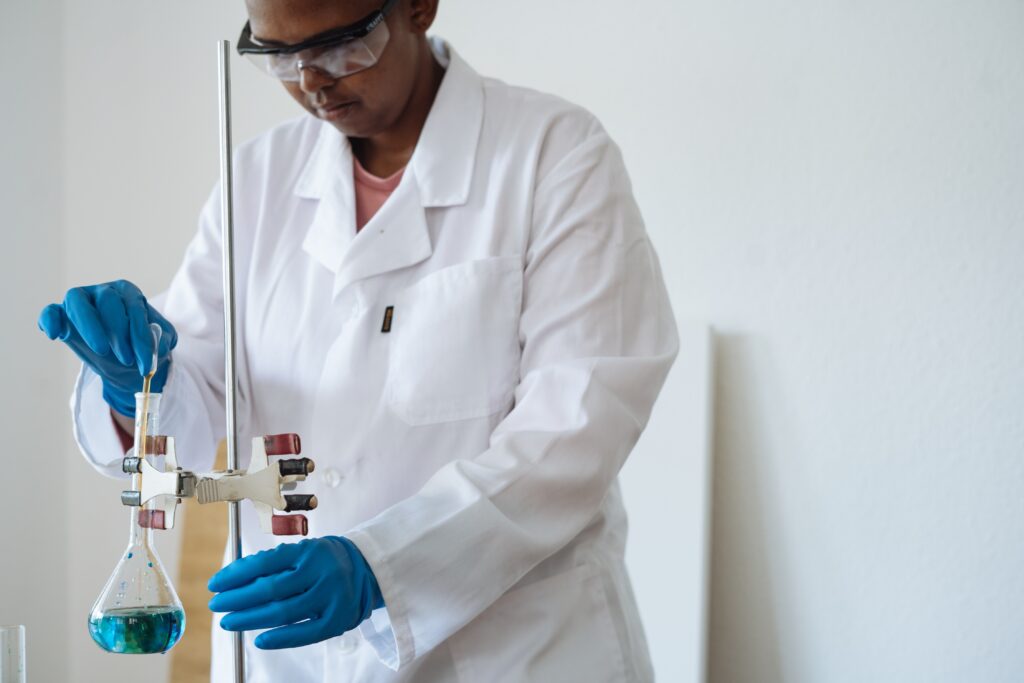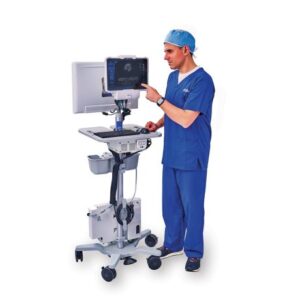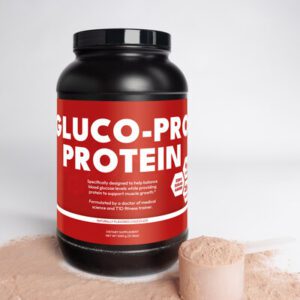
Hansa Biopharma (Nasdaq Stockholm: HNSA), an industry leader in enzyme technology targeting rare immunological conditions, is excited to announce the successful completion of patient enrollment in its groundbreaking phase 2 clinical trial of imlifidase for Guillain-Barré Syndrome (GBS). The eagerly awaited top-line results are due to be disclosed in the second half of 2023. Søren Tulstrup, Hansa Biopharma’s CEO and President, underscored the trial’s significance in exploring the therapeutic potential of the company’s novel antibody-cleaving enzyme technology for the treatment of rare immune-mediated diseases.
The phase 2 study is a multi-center, open-label, single-arm trial taking place across the United Kingdom, France, and the Netherlands. Its objective is to evaluate the safety, tolerability, and effectiveness of imlifidase when administered in conjunction with standard-of-care (SoC) intravenous immunoglobulin (IVIg) in GBS patients. Participants in the trial were given imlifidase before SoC treatment initiation. Upon the database lock of the single-arm study, the efficacy outcomes of patients treated with imlifidase and SoC will be compared to a matched external cohort from the International Guillain-Barré Syndrome Outcome Study (IGOS) database, based at the Erasmus Medical Centre in Rotterdam, Netherlands. The results of this comparative efficacy analysis are anticipated to be announced in 2024.
Professor Shahram Attarian, an esteemed expert in the Department of Neuromuscular Diseases and ALS at Hopitaux Universitaires de Marseille (APHM) and the International Coordinating Principal Investigator for the Phase 2 study, stressed the vital role of early diagnosis and treatment in managing GBS. Imlifidase, with its state-of-the-art approach to rapidly and effectively lowering IgG levels, could potentially transform the landscape of GBS treatment options.
Guillain-Barré Syndrome is a rare, acute, paralyzing, and inflammatory disorder affecting the peripheral nervous system, with an incidence rate of 1-2 cases per 100,000 people annually. GBS is known for its aggressive neurological effects, causing rapid, progressive weakness in the extremities and potentially leading to severe paralysis. Under the current standard of care, about 25% of patients require long-term mechanical ventilation, and 20% continue to be unable to walk after six months. GBS has a fatality rate of 3-7% with standard care. In 2018, the US Food and Drug Administration awarded Orphan Drug Designation to imlifidase for the treatment of GBS.







